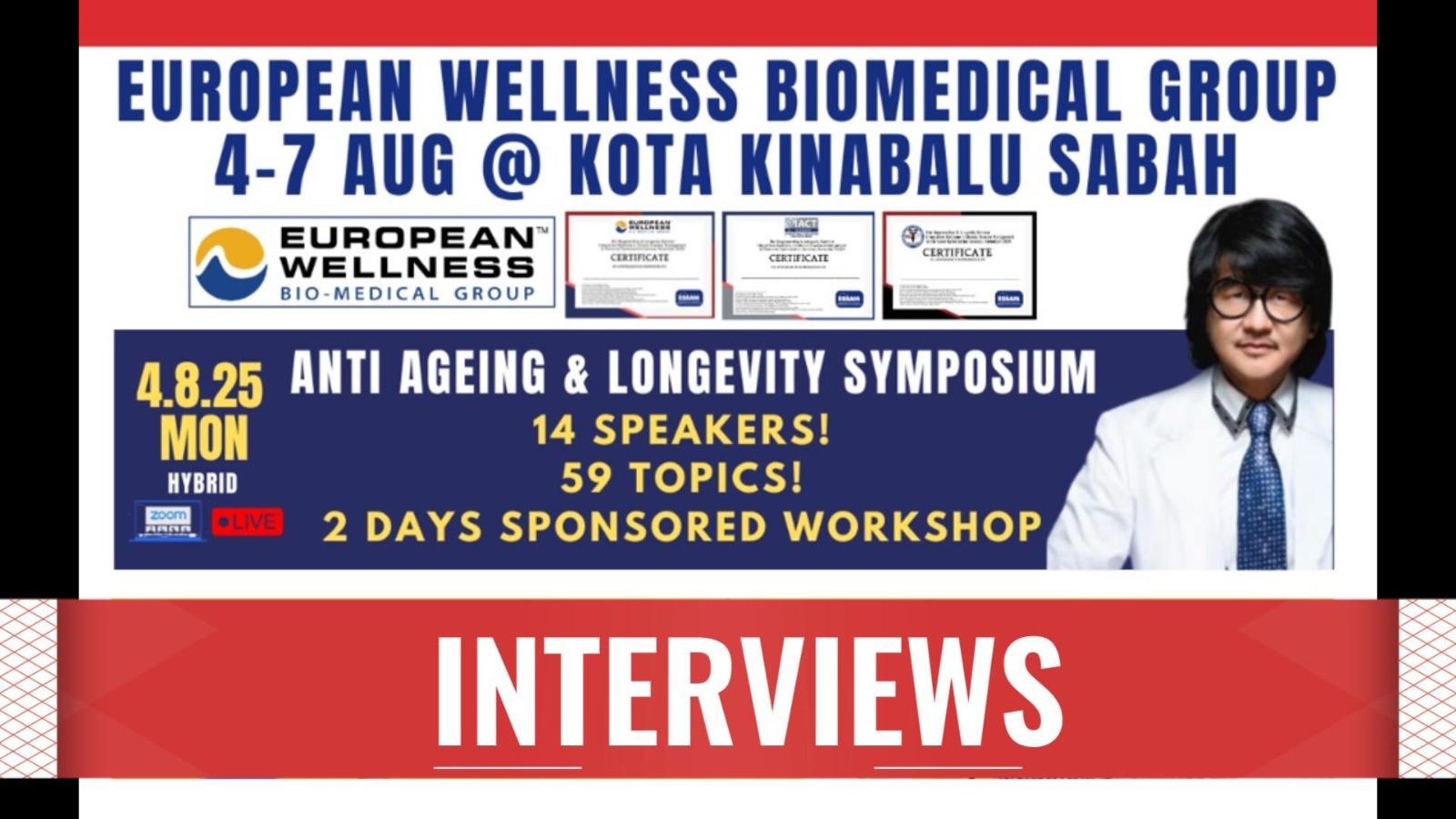KANGAR, Perlis (9 August 2025) — Just a day after his landmark royal audience with…
ALZHEIMER’S in the Spotlight: When Memory Fades and Hope Rises

LOS ANGELES, United States, June 11, 2025 – June marks Alzheimer’s and Brain Health Awareness Month, a global initiative aiming to illuminate the steady rise of dementia and promote both education and action.
Organised by the U.S.–based Alzheimer’s Association, the campaign includes “The Longest Day” tradition on June 21, designed to symbolize the emotional journey of those living with Alzheimer’s, as well as the endurance required of their caregivers.
With more than 55 million people worldwide currently suffering from dementia, and nearly 10 million new cases reported annually, Alzheimer’s remains the leading form—marked by the accumulation of amyloid‑beta plaques and tau tangles that erode neural connections.
Bruce Willis: Frontal–temporal dementia spotlight
In a related neurodegenerative disclosure, actor Bruce Willis was diagnosed with frontotemporal dementia (FTD) in 2023, following symptoms of aphasia and language difficulties noted in 2022 https://www.theaftd.org/mnlstatement23/.
Distinct from Alzheimer’s in its early behavioural and speech changes, FTD affects personality and executive function due to deterioration in the brain’s frontal and temporal lobes https://en.wikipedia.org/wiki/Frontotemporal_dementia.
The limits of current treatment
Existing medications—like cholinesterase inhibitors or memantine—offer only symptom relief, failing to reverse or halt brain damage. The emotional and financial toll is rising globally, surpassing US$1 trillion annually, as cases increase alongside global aging.
Prof. Mike Chan’s New Frontiers
Prof. Mike Chan, Chairman of European Wellness Biomedical Group, urged a shift toward bioregenerative solutions. He highlighted the potential of organ-specific precursor stem cells to restore brain function:
Longevity depends on brainspan and healthspan, which rely on our biological age, influenced by the over 400 different types of stem cells and cells across our 78 organs,
Prof. Chan stated.
His approach involves precursor stem cell infusions to rejuvenate affected brain regions—including frontal, temporal, and cortical areas—offering hope beyond symptom management.
A turning point in brain health
As June campaigns for awareness, experts call for early detection, lifestyle modification, and investment in novel treatments. While Alzheimer’s and FTD continue to devastate families, emerging science suggests regenerative medicine may redefine treatment—not just mitigate decline.
Alzheimer’s progression is driven by neuronal death and inflammation—but precision regenerative therapy can replace lost neurons, reduce inflammation, and restore synaptic networks,
To truly change the course of dementia, we must invest now in precision-based regenerative protocols,
Prof. Chan concluded.
There is a path forward—beginning with the commitment to treat, not concede.
For information on regenerative therapies and Alzheimer’s support, visit European Wellness Biomedical Group.
Follow European Wellness Academy:


